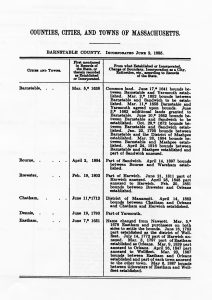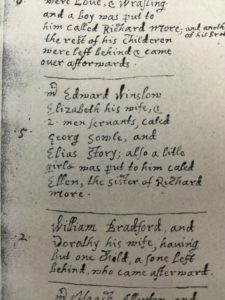
Perhaps you already know this, but out there in the World Wide Web there are many websites devoted to helping people discover their pet’s ancestral DNA.
With the technological advances in DNA testing, humans have started to use it more and more to help understand better where they come from and, especially from a genealogical stand point, to help supplement or sometimes define their ancestral research.
So why not do the same for your pet? Continue reading DNA and your pet








